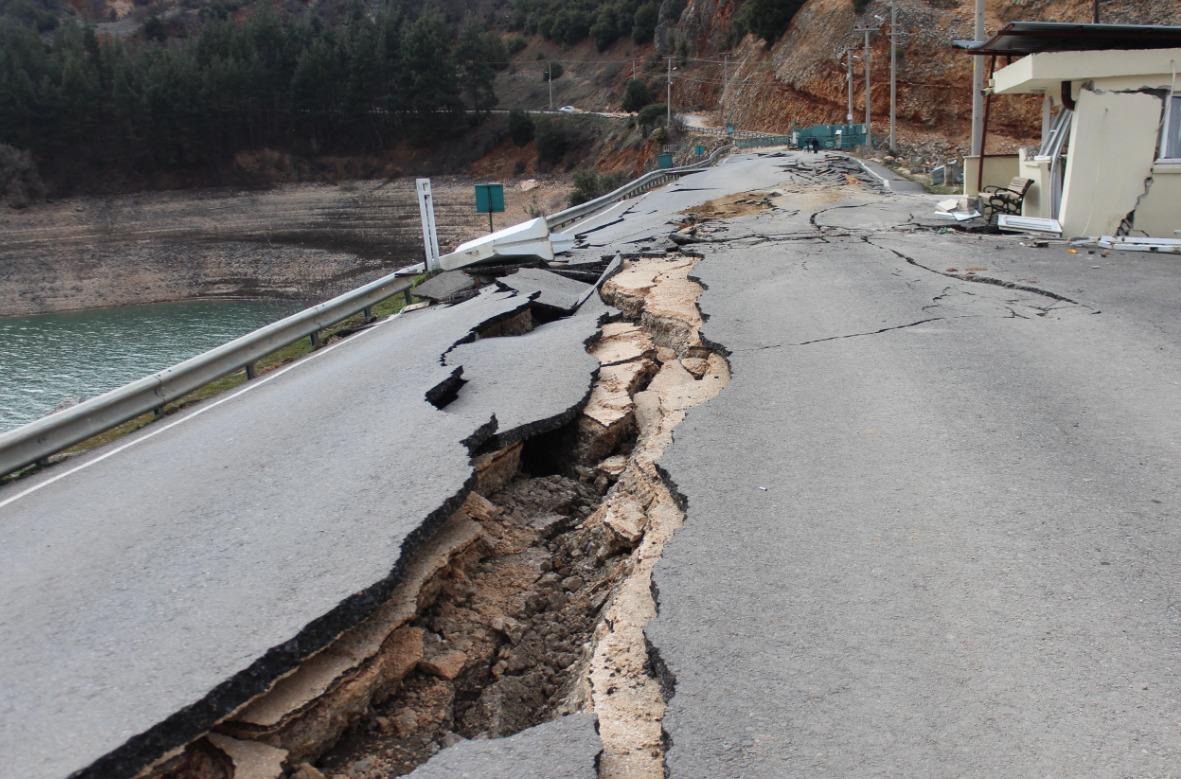
Tremor-induced damages at the Kartalkaya Dam in the country’s quake-hit southern region have intensified the struggle of farmers, compounding their already challenging circumstances.
The dam, which feeds an agricultural plain spanning over 200,000 decares of land and serves as a source of income for thousands, has suffered cracks in its crest following the earthquake, according to State Hydraulic Works (DSİ) deputy head Murat Alp, who informed the parliament’s earthquake investigation commission.
As a precautionary measure, the dam’s storage rate has been kept low at around 45 percent, which is now even lower. However, this has raised concerns among farmers.
“If the dam continues to be kept at these levels, the situation could worsen to the point of total crop loss as the cultivation of corn, a prominent crop in the region, becomes impractical under such circumstances,” stated Cem Baba Şevran, a farmer in the Pazarcık district, the epicenter of the earthquake. “Furthermore, other crops such as cotton, soybeans, and sunflowers, which require less water, are also limited in their potential yield due to the reduced water availability.”
Şevran emphasized the need for at least two or three watering cycles per year for these crops, which is currently unattainable.
The absence of an alternative dam in the region has forced some villagers to resort to drilling boreholes in their gardens to access groundwater, he added.
The ordeal has been exacerbated by the region’s prolonged struggle with drought, a problem that has plagued not only the quake-hit areas but also other parts of Türkiye for a while. As precipitation levels have increased again, farmers find themselves unable to utilize the water.
The construction tender for the dam’s reconstruction, involving the removal of the damaged section, has taken place, and the contract is expected to be signed within a week, informed Kazım Doğru, DSİ’s regional director. However, it would take over two months for the dam to regain full operational capacity, he added.
Consequently, many farmers in the region have left their fields fallow or switched to growing chickpeas due to limited water availability.
“Only 2,000 decares out of the 25,000 decares of irrigated agricultural land in the Nefsidoğanlı neighborhood were planted,” local headman Ahmet Uras said, underscoring the significant damage suffered by farmers.
Uras emphasized the critical role of the dam in meeting the water needs of Gaziantep, and expressed the impossibility of sustaining farming under the current circumstances.